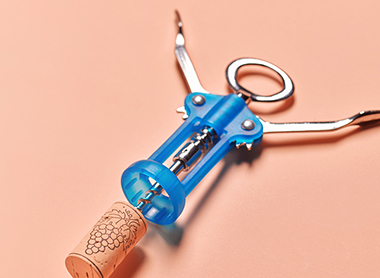It's natural to feel a range of emotions when struggling with addiction. One of the most challenging can be forgiving yourself for the mistakes you've made along the way. But it's important to remember that addiction is a disease, not a choice, and you’re not defined by your past actions. Instead, you deserve to be kind to yourself and to recognise the strength it takes to face your struggles head-on.
Forgiving yourself is a process, but by acknowledging your mistakes, learning from them, and focusing on your recovery, you can let go of shame and guilt and move forward with hope and resilience. Remember, you are worthy of healing and growth, and there is no shame in seeking the support you need to forgive yourself and reclaim your life.








